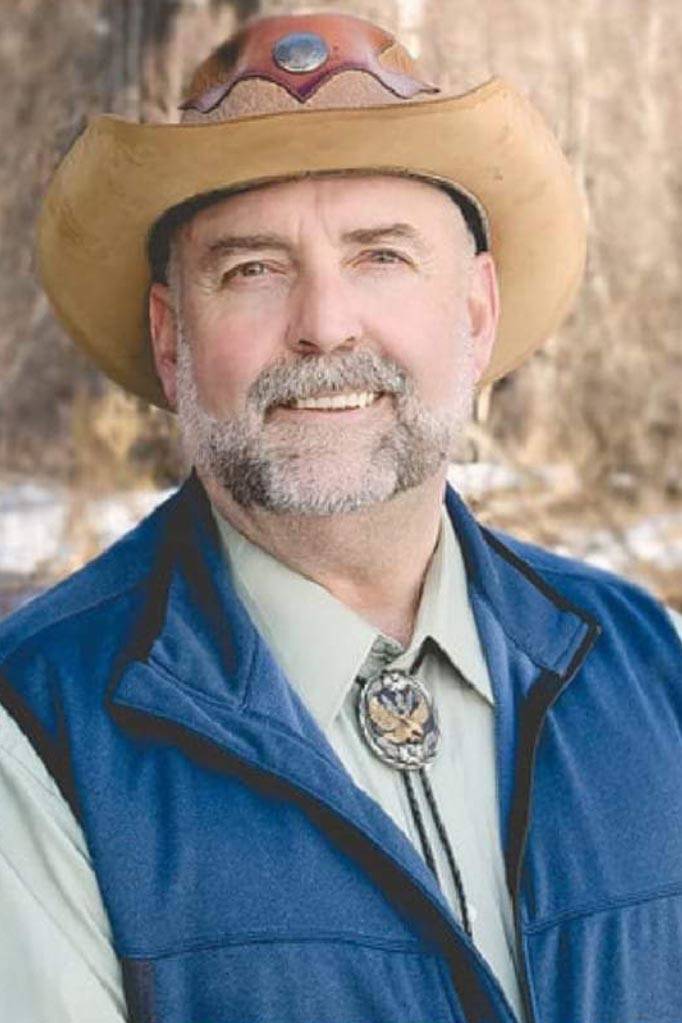By Ron Gillham
Since Alaska’s first oil discovery in 1957, we have led the world in industrial and environmental technology, and innovation.
From 1974 to 1977 Alaska embarked on a colossal infrastructure project, completing one of the longest and largest oil pipelines ever built. The pipeline included 11 pump stations, traversed three mountain ranges, crossed 30 major streams and rivers, employed over 70,000 during construction, and cost over $8 billion.
18 billion barrels of oil later, it is clear, when Alaskans set their minds toward a project, no matter the difficulty, we do what others say, “can’t be done.”
Though the trans-Alaska pipeline provides huge economic and energy benefits to the state, many remote Alaska communities struggle with energy insecurity. In these communities, expensive diesel heat and power generation are often the only option, causing many residents to spend up to 47% of annual income on energy. If this seems excessive, realize energy our Bush neighbors purchase is already heavily subsidized through the state’s Power Cost Equalization Program.
Upon appointment to the House Resources Committee, I asked my staff to seek solutions to this problem. Through research, my staff discovered a promising new method to produce energy using Alaska’s most abundant natural resource, water.
My office contacted Wave-Swell Energy, and confirmed the Australian company is currently demonstrating a wave energy generator purpose-built to provide low-cost, clean, renewable electricity for remote diesel-dependent communities.
This tech harnesses energy concentrated in marine “blowholes.” Blowholes occur when waves compress water and air into a confined space, resulting in the sudden release of pressure through a narrow vent. Wave-Swell harnesses vacuum energy caused when a wave withdraws from a blowhole creating suction.
Wave-Swell’s installation off the Tasmanian coast has received support from the Australian government and has caught the attention of the U.S. Department of Energy. According to a recent DOE wave energy study, Alaska holds the potential to supply domestic electricity demand for around 82 million households.
In 2016, a study conducted by the Gleneg-Shire Council, in Victoria Australia, estimated a 590-megawatt Wave Swell project, completed over a five-to-10-year period, would likely create 2,248 high-paying direct jobs, 3,122 indirect jobs, direct financial benefit over $1.7 billion, and a value-added output of over $628 million for the local economy.
Other benefits of this solution include lower startup cost, coastal erosion mitigation, low environmental impact, and potential for production of hydrogen, which can be stored and commoditized as heating, transportation and industrial fuel.
The DOE is currently considering Alaska as a potential location for a test like the one occurring in Tasmania. My office is calling on Alaska’s Congressional Delegation, Legislature and Administration to study and support the opportunities presented by this new technology. It is time we assist our Bush neighbors, secure cheaper — cleaner energy, and pursue the next wave of Alaskan energy development. Alaska can power and fuel the world. All we need is the will to define and embrace our future.
Ron Gillham represents District 30 in the Alaska State House.

